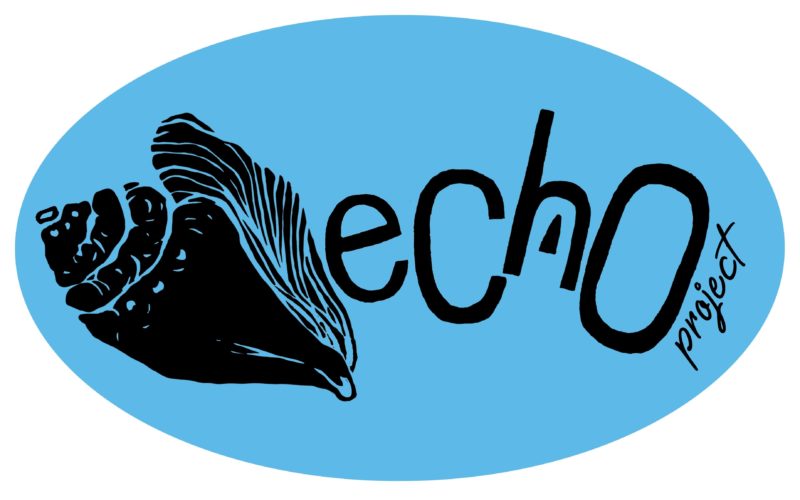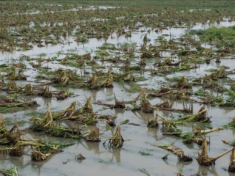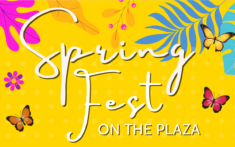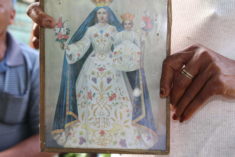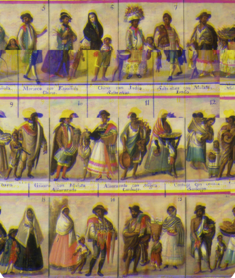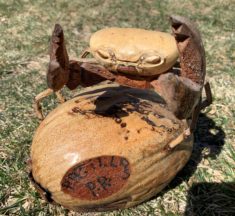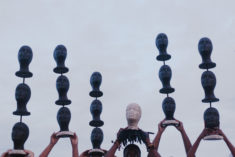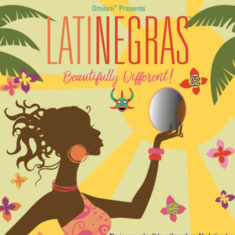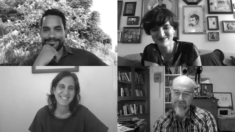ECHO (Environment Community Humanities Oasis) is an interdisciplinary project led by Seminar Faculty Leader Dr. Ryan Mann-Hamilton that supports, reimagines and amplifies the nexus between communities, the environment and the humanities through developing new networks and forging dialogues that will inform and impulse environmental justice actions. Our oasis is a space for organizing, a place to address the uneven social and geographic effects of the climate crisis across the Americas through a series of conversations, collaborative events, classroom activities and hands-on projects.
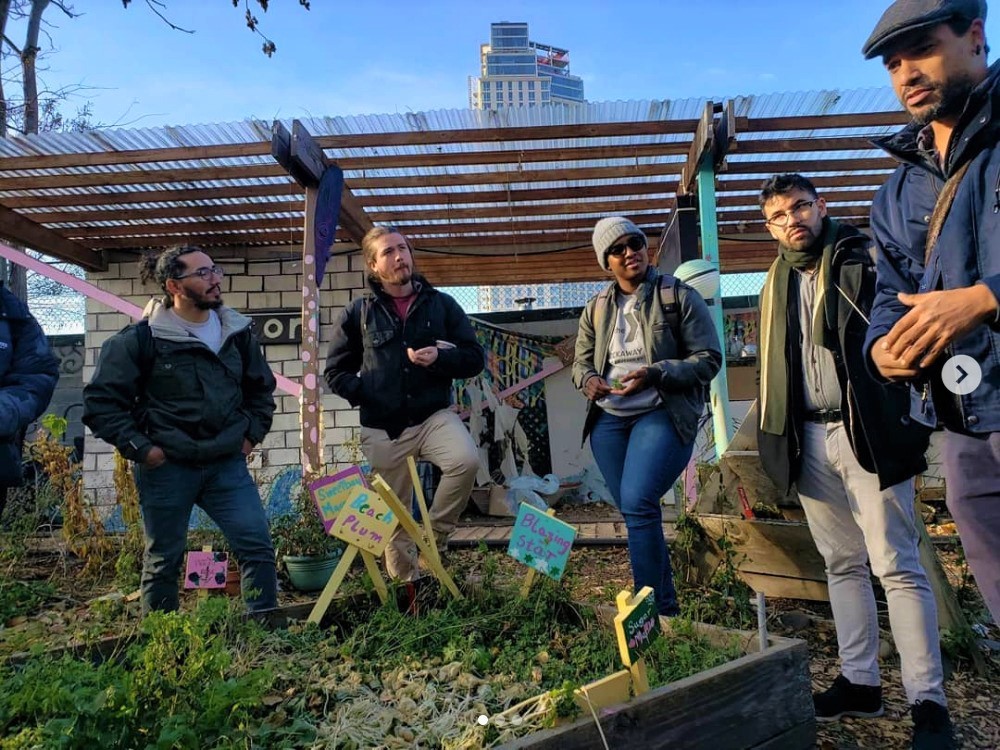
Join the ECHO Facebook page here and follow the ECHO on Instagram here.
Events, Articles, Research & Scholarship:
Just Strategies: Pathways to Water, Food and Wellness with Activists Ysanet Batista, Jacqueline Pilati, Olatokunboh Obasi, and Amara Figueroa
Wellness-Conversation/ Fri, Oct 30, 2020, 1:00 PM –3:00 PM
This event will take place online via Zoom. Please register below. This event will be ASL interpreted and closed captioned.
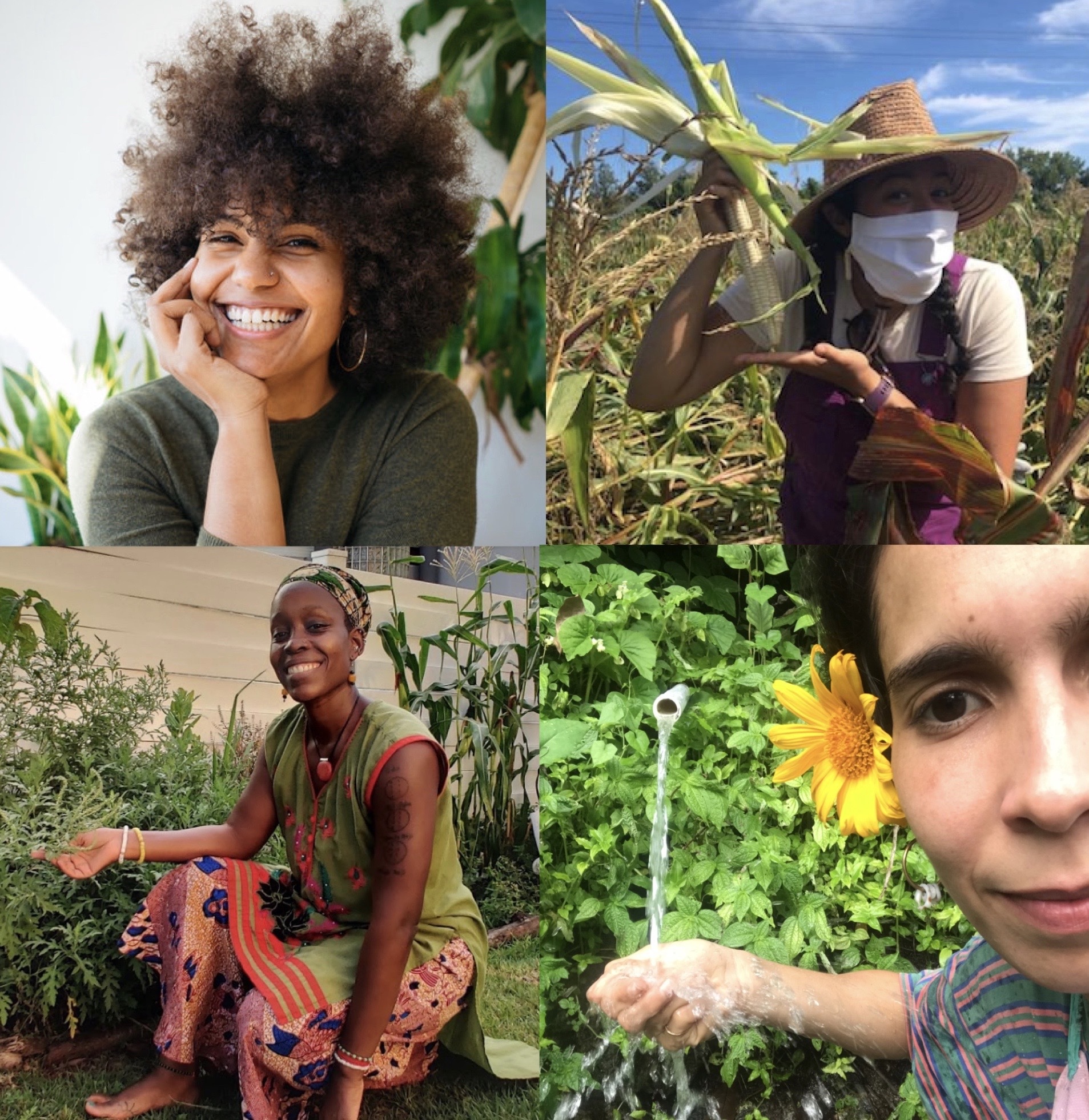
About the event
This cross-pollinating conversation will highlight how communities are navigating the climate crisis and amplify efforts and experiences in NYC, Dominican Republic and Puerto Rico that focus on water, food and wellness. Join these activists Ysanet Batista (Woke Foods), Jacqueline Pilati (Reclaim Seed NYC), Olatokunboh Obasi (Omaroti, from the Well of Indigenous Wisdom & Herbalists without Borders International), and Amara Abdal Figueroa (Tierrafiltra) who will discuss their projects to inform, inspire and incite student-led and community-based efforts organized at and adjacent to LaGuardia College. In delving into these conversations we hope to cultivate and share strategies across spaces that help us imagine and create a more just world. The conversation will be moderated by Ryan Mann-Hamilton (Professor of Anthropology at LaGuardia Community College, and Seminar Faculty Leader of Environment Community Humanities Oasis (ECHO) project.)
Free and open to the public, but please Register here to access the Zoom link and attend.
Learn More about the Participants and their Projects/Work:
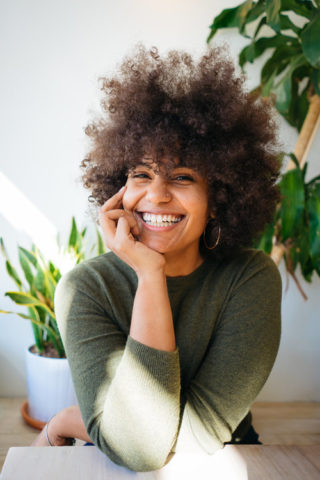
Ysanet Batista is a queer Black-Dominican woman, born in Harlem, NY and currently living in Puerto Plata, Dominican Republic. Ysanet is a Farm School NYC alum and holds a certificate in Urban Agriculture & Permaculture Design. She completed her undergraduate degree at Johnson & Wales University and worked in hospitality & tourism for 10 years before transitioning to community, place and identity centered organizing. Ysanet is the founder of Woke Foods, a Black women & worker-owned cooperative focused on offering Dominican and other Afro-Caribbean plant-based gastronomy and food sovereignty. When she is not working at Woke Foods, she is participating in solidarity economy circles and hosting Free The Bag Podcast, a podcast to guide people towards freeing their time, money, and each other.
Visit the website for Woke Foods for more information about this project.
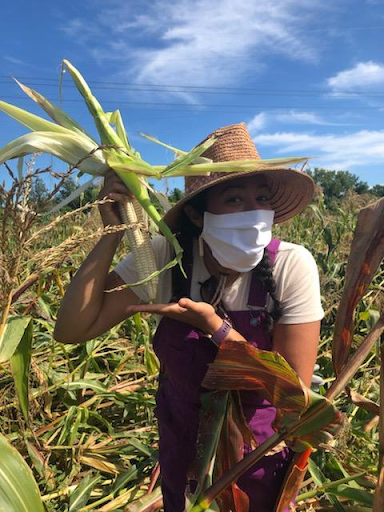
Jacqueline Pilati was born and raised in Lenapehoking (New York City), Jacqueline Pilati (she/ella) is an urban farmer, teacher, and seed keeper. She is a Professional Development Instructor at the New York Botanical Garden and Adjunct Instructor at Bank Street College of Education where she leads teacher institutes and courses in garden-based learning and experiential science investigations. In 2018, she founded Reclaim Seed NYC, an urban seed initiative rooted in education and community. The project stewards a community-sustained seed library, educates for seed and food sovereignty, and works towards building a regional seed network reflective of the region's foodways and climate. Her work can be followed on Instagram @shesavesseed. Her research interests include science education, participatory organic plant breeding, inclusive history, community action research, Sicilian and African diaspora foodways, Taíno history, culture and foodways.
Visit Reclaim Seed NYC website for more information about this project.
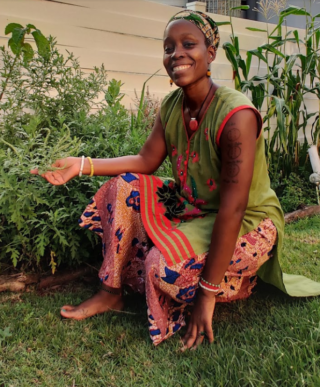
Olatokunboh Obasi MSc, RH (AHG), CNS
is a wellness professional in herbal medicine, nutrition and indigenous
ways of practice. She is an educator/founder of Well of Indigenous
Wisdom school for herbal medicine and African cosmology. Puerto Rico
Coordinator for Herbalists without Borders International & Owner of
Omaroti a wellness shop for wellbeing. Birth doula, yoga and dance
instructor, author, presenter and healer, her devotion is to serve
humanity and care-take the earth.
Visit the website for Omaroti: Well of Indigenous Wisdom for more information about this project.
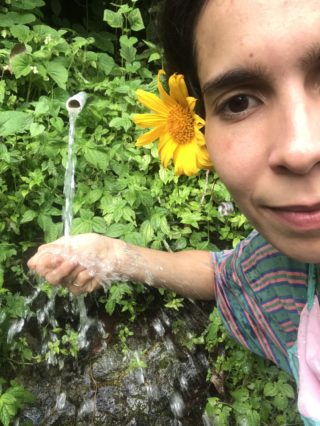
Amara Abdal Figueroa (1990 Ponce, Puerto Rico) lives between Puerto Rico and Kuwait. Agroceramist, artist and environmental advocate. Amara’s practice is regenerative and intergenerational, focusing on our Earth, how nature reflects culture, and how material extractions separate or connect us to our current ground by linking the effects of the ecological collapse to conflict. Her work documents ways in which materials are sourced, transformed, used and reused, working mainly with, but not limited to, locally identified clay bodies. She currently studies the ground in Puerto Rico to filter the island’s water, Tierrafiltra, continuing Ron Rivera’s legacy (Potters For Peace) in his island of origin.
This event is co-sponsored by the Environment Community
Humanities Oasis (ECHO) project as part of the Mellon Seminar on Public
Engagement and Collaborative Research from the Center for the Humanities
at The Graduate Center CUNY, and by ISER Caribe, the President's Society Environment Program (PSE) at LaGuardia Community College, and the Rauschenberg Foundation.
Music and Environment Mixtape
In January, 2021, five local artists will be invited to participate in a musical production thinking through and inspired by the connection between the arts and the environment and with a focus on environmental justice and the many struggles faced in the Caribbean context. The mixtape will be used as a tool of education, dissemination and amplification of ideas and struggles related to the environment and the space of Western Puerto Rico.
Seed Library
Over the course of the Fellowship period, ECHO project will collaborate to create a Regional Seed Sharing program at LaGuardia in collaboration with Reclaimseednyc, Hogs Head Ranch, Noah Kaufman, Kingsland Wildflowers and in support of Herbal garden at LAGCC.
ECHO Course Development
Through the fellowship period, the ECHO project will collaborate to develop new courses at CUNY:
- A new course with CUNY GC Anthropology student Joseph Gonzalez/part of new sustainability studies option/ Environmental Anthropology.
- A Reorientation of Cultural Anthropology course to center climate change and relation of culture to the environment.
- A Music of Latin America course taught by Jadele and linked to Elemental Beats project
- And a Student Mentorship with CUNY LAGCC student to work with Dr. Ryan Mann-Hamilton
More about Ryan Mann-Hamilton
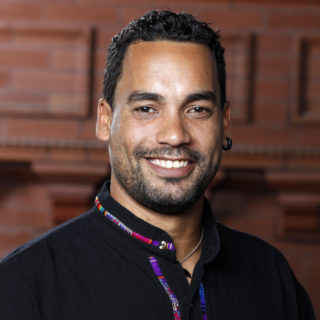
Dr. Mann-Hamilton teaches a variety of courses in Anthropology, Music and Latin American studies and is heavily invested in issues of Environmental Justice. Dr. Mann-Hamilton has extensive experience working on land and marine based conservation projects in the Caribbean and social justice activism in the context of the Americas, and supporting and participating in food sovereignty projects He is currently the faculty Co-Leader of the Presidents Society Environment Program working with a cohort of 20 students and various community partners to design and implement green spaces and environmental education at LaGuardia over the next three years. Dr. Mann-Hamilton was also selected as Faculty Lead by the Center for the Humanities at the Graduate Center to direct a two year public engagement program focusing on the relationship between race, environment and the humanities that will center the experiences and existing networks between communities in New York and those in the Caribbean. He has extensive experience in public programming, project oversight and curriculum development. His most recent publication was a chapter on a community centered conservation and education program that was developed in the Dominican Republic and the Bahamas and the lessons learned from that endeavor.
